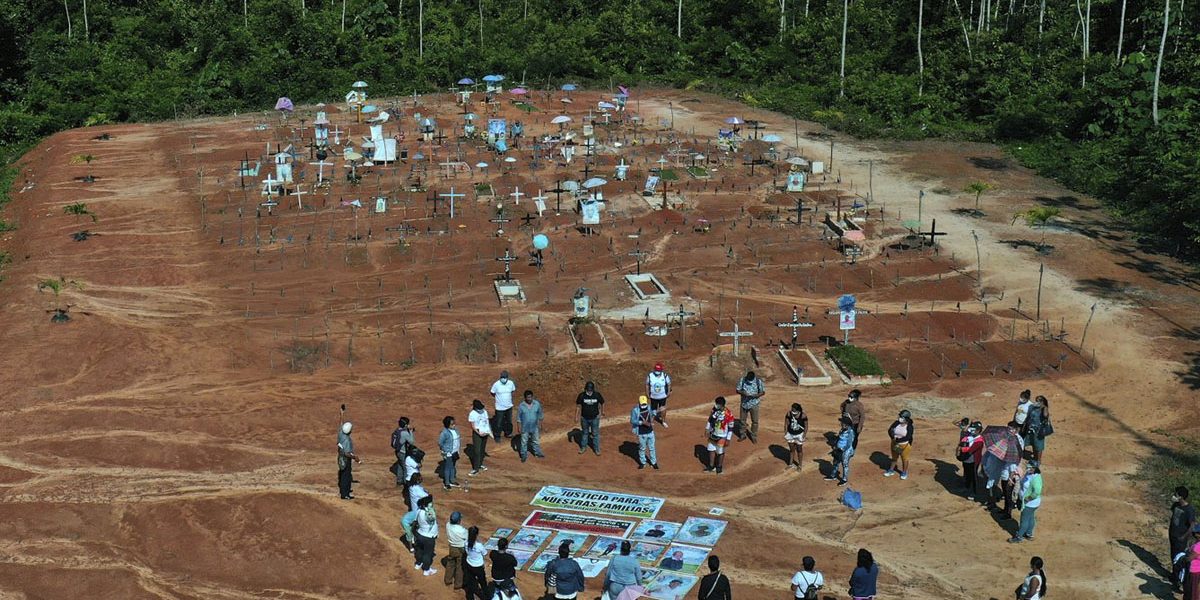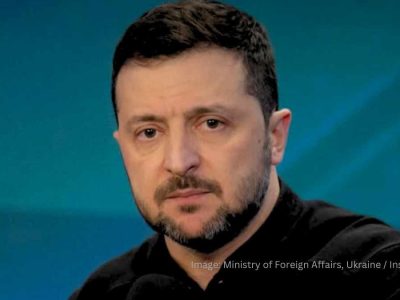Peru Govt. sued for burial of COVID-19 victims without informing the relatives

Adriana Wong, the father of whom has been one of the many victims of the COVID-19 pandemic, was confused as she stood in Peru’s Iquitos’s Amazon Forest, among dozens of crosses planted in the red soil and nothing to distinguish her father’s grave.
Glendy Hernandez, the mother of 9-yr old, was left speechless to her daughter’s, “Are you sure my dad is there?” question.
Almost a year ago, her husband along with dozens of other people who had died due to the COVID-19 was secretly buried in this field of Iquitos, a city in the heart of Peru. Relatives of the dead were under impression that their loved ones were in a local cemetery and had no any idea about the approval given by local authorities to bury the bodies in someplace else.
In Latin America, this has been the first reported case of authorities hiding fate of dozens of COVID-19 victims, and not a single person has been able to explain why such actions were undertaken. The local government didn’t care to reply to several requests made by the media.
Peru was hit by the pandemic in April 2020 and it’s struggling ever since. Iquitos have witnesses 3,200 deaths, a city of 550.000 population.
During the early hours of April 30, Herman Wong felt sick and struggled to breathe and it was then his wife rushed him to hospital. On reaching the hospital she witnessed that the place didn’t have enough beds for patients. As he was left unattended for more than 5 hours, Wong died in her hands.
Glendy fainted. Later, when she was awakened by a doctor, she was asked to get a coffin for the body.
She did as she was told, arriving the next day but she waited for hours before she was informed that her husband has already been buried quickly in a San Juan cemetery to avoid more infections.
It was back when the COVID-19 restrictions were at their peak and the army was guarding the streets of the city and Hernandez was not allowed to visit San Juan cemetery which is around 11 miles from Iquitos.
Other families were told the same San Juan and they all believed it until a local newspaper, La Region, on June 1st had its headline as, “The dead without name and without their own graves”.
Around 500 people, including the Hernandez, reached the mass cemetery which was next to San Juan cemetery, all to learn that all this time they were kept in dark.
Patricia Cardenas said, “They are ashamed that their lack of humanity with which they buried out loved ones is known”, an 80-year old grandfather has also been buried without her knowledge.
The families have been demanding answer but the government has nothing to say.
Hufo Turros, the guard of the mass cemetery said that “We buried 30,40, and one day 50,” he added, “the dead were in the black bags.”
Both the local and the state government were sued by the families, demanding that they recover the remains but the court ruled out in favour of the authorities with an excuse that the law establishes that remains can only be exhumed a year and a day from the date of burial.



